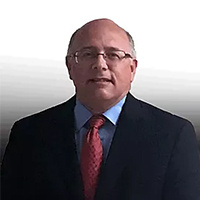Haymarket Wills & Probate Lawyer, Virginia
Sponsored Law Firm
-
 x
x

Click For More Info:
-
Price Benowitz LLP
409 7Th St Nw Suite 200 Washington, DC 20004» view mapEstate Law Working Relentlessly For You
Our firm was built on the understanding that comprehensive representation does not begin and end in the courtroom.
202-600-9400
Includes: Estate Administration, Living Wills, Wills
Guy F. White
✓ VERIFIEDCriminal, Real Estate, Wills & Probate, Trusts
With over 25 years of experience in law, Attorney White has a broad range of expertise. Handling of criminal, DUI and traffic offenses with extens... (more)
Laura G. Moldowan
Government Agencies, Wills & Probate, Corporate, Business Organization
Status: In Good Standing
FREE CONSULTATION
CONTACTAngela Morehouse
Estate Administration, Family Law, Juvenile Law, Elder Law, Bankruptcy
Status: In Good Standing
 Seth Price Washington, DC
Seth Price Washington, DC AboutPrice Benowitz LLP
AboutPrice Benowitz LLP Practice AreasExpertise
Practice AreasExpertise

